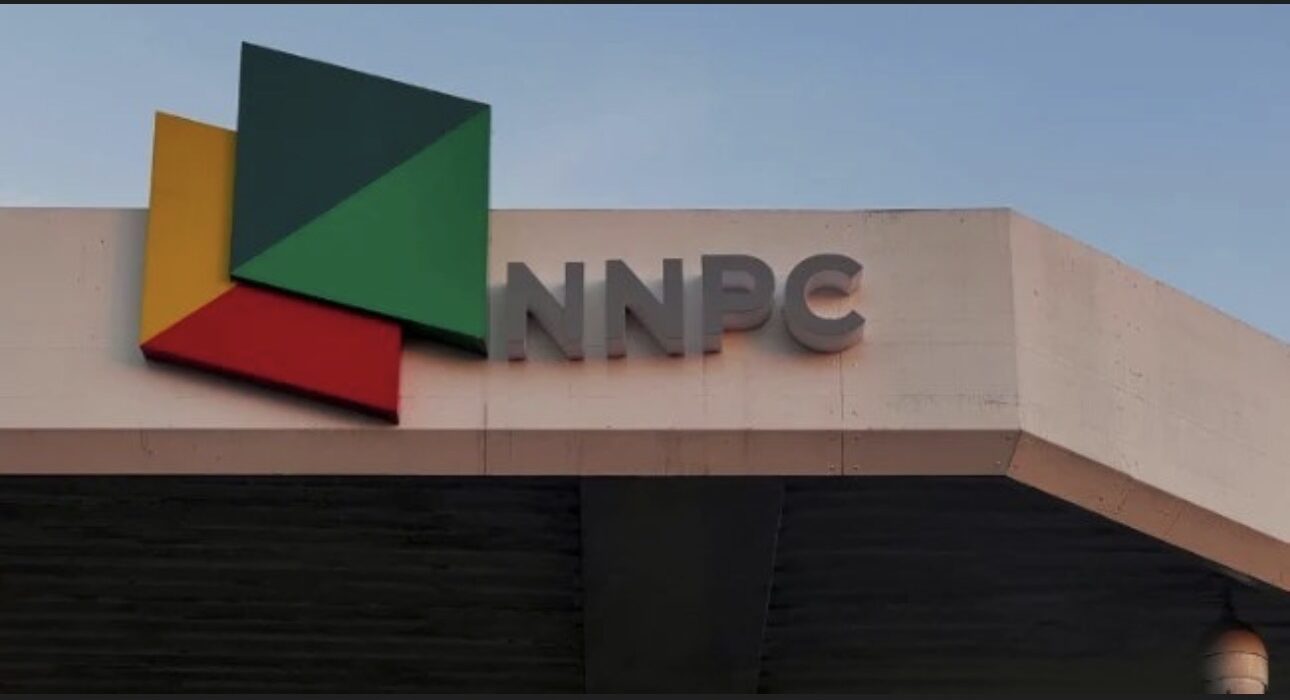NNPCL Profit Surges 91% to ₦539 Billion Despite Output Decline

The Nigerian National Petroleum Company Limited (NNPCL) has announced a sharp rise in its monthly profit, recording ₦539 billion for August 2025, a 91.3 percent increase compared to ₦185 billion in July.
The company’s August revenue also climbed to ₦4.655 trillion, up from ₦4.406 trillion in July, according to figures released in its latest monthly financial report. Between January and July, the state-owned oil giant remitted a total of ₦8.86 trillion into the Federation Account, underscoring its central role in government revenue.
The strong profit comes despite a fall in crude and gas production. Average crude oil output slipped from 1.7 million barrels per day in July to 1.65 million barrels per day in August.
Gas production also fell by nearly 10 percent, dropping from 7,722 million standard cubic feet per day to 6,949 mmscf/d.
NNPCL attributed the declines to scheduled maintenance activities at upstream facilities, including the turnaround maintenance at Nigeria LNG.
Industry analysts note that such disruptions are common, but the company’s ability to post higher profits despite reduced output suggests improved operational efficiency, better pricing margins, or gains from its downstream business.
In terms of infrastructure development, the company reported steady progress on major gas projects.
The Ajaokuta–Kaduna–Kano (AKK) Gas Pipeline has reached 84 percent completion, while the Obiafu–Obrikom–Oben (OB3) Gas Pipeline is 96 percent complete. About 113 kilometers of the OB3 line have already been commissioned, currently delivering around 300 mmscf/d of gas from various producers.
The strong performance is expected to boost confidence in NNPCL’s ongoing reforms and restructured commercial operations since it became a limited liability company. It also strengthens government finances at a time when Nigeria faces persistent fiscal pressures.
Analysts, however, caution that sustaining profitability will depend on stabilizing production levels, securing oil facilities against theft and vandalism, and ensuring timely completion of critical gas infrastructure projects that could unlock new revenue streams for the economy.









